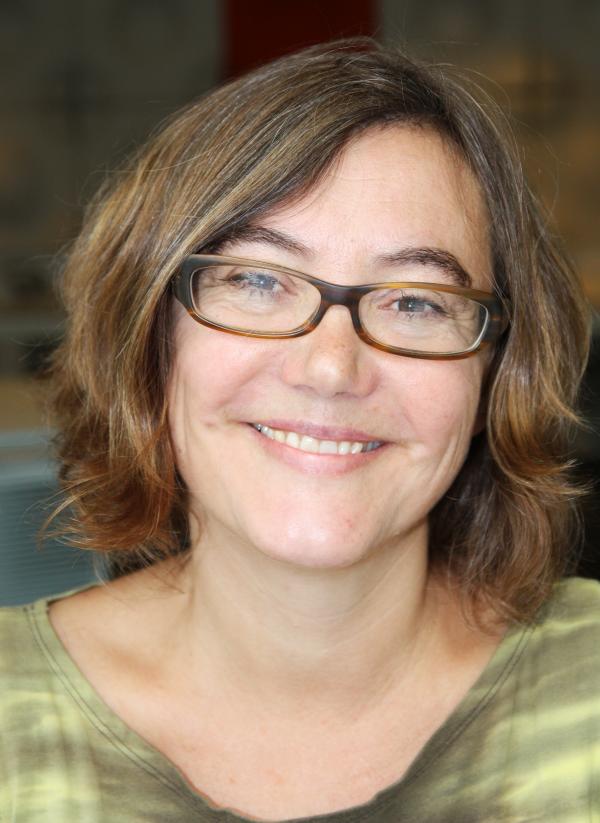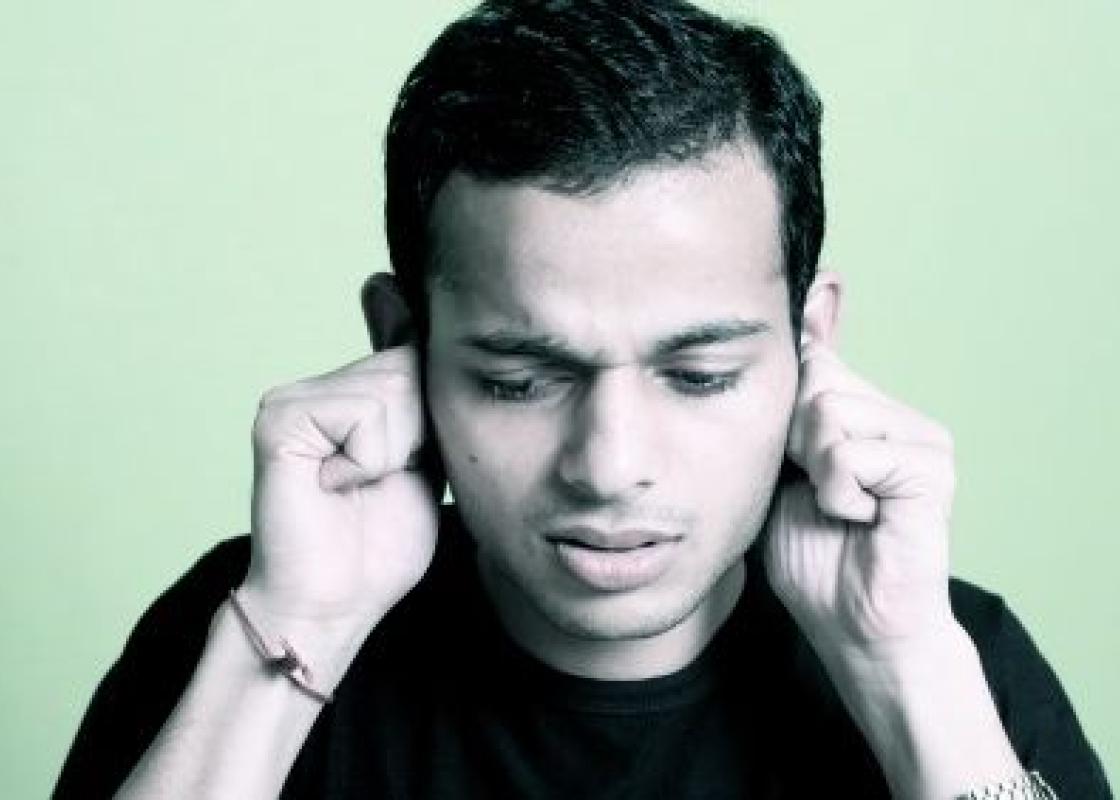“One of the things I thought was most exciting to learn, and which might be one of the most problematic, is how some young men have been raised to fear women,” says Anja Bredal, a researcher at the Institute for Social Research who is responsible for the recent report entitled Mellom makt og avmakt (“Between Power and Powerlessness”).
“In the young men’s stories there is often mention of someone who has taught them that the girls here are ‘bad’ and deceitful. They might leave you and they are demanding.”
The “girls here” refers to women from the informants’ country of origin who have been raised in Norway. “You need a microscope to find a pure girl here in Norway,” says one of the young men in a group interview. Like several of the other informants, he says that he wants to marry a virgin from his home country.
Demanding women?
“It’s easy to become irritated by their degrading talk about women, but it can also be interpreted as a basic insecurity in these young men. When the ‘girls here’ are described as demanding women who will get a divorce if they don’t get their way, this also says something about powerlessness,” says Bredal.
“Some parents teach their sons that they cannot trust girls so that they themselves can influence their sons’ choice of partners. They teach them to distrust women and their own powers of judgment. In the end they sit there and feel that they need advice from their families. Mum knows best. This power perspective gives us a somewhat different picture of these young men,” Bredal concludes.
In other words, all the “girls here” are bad, except for their own sisters.
“‘My sister is a good Muslim and she wouldn’t dream of having a boyfriend.’ You have to say this, at least if you are taking part in a group interview. Otherwise you are saying that she is ‘loose’ – and therefore that you have not done your job of looking after her,” Bredal explains.
“Here it is clear that not only do men have the power to define women’s virtuousness, but that they also are at the women’s mercy. The young men’s reputation, as well as their families’, depends on the proper behaviour of their sisters. So the young men must insist that their sisters act properly, and as a result the brothers may be required, or take the initiative themselves, to look after their sisters.”
Don’t say forced marriage
Most of the 29 young men interviewed by Bredal and her assistant, Vedran Music, have grown up in classic patriarchal homes where the family’s honour is based on the children’s obedience and the women’s virtue. All of them have a background from countries associated with forced marriage.
The Norwegian Directorate of Integration and Diversity, which commissioned the report, wanted a study on young men and forced marriage, among other topics. After completing the study, Bredal concluded that it is important to be cautious when using the term “forced marriage” in relation to these men.
“Generally, the term ‘forced marriage’ suggests a much broader range of issues than the choice of partners, including with regard to young women. It has to do with strict rules of behaviour and with having to conform and submit to the community to an unacceptable degree,” says Bredal.
“Forced marriage is an especially problematic term when trying to get young men to talk. It has been a topic related to young women, and it is important for these men not to be associated with women’s problems. In addition, any pressure to marry comes at a later point in life for men than for the women. It might be more important to focus on other topics, such as pressure related to educational choices.”
Bredal is concerned with providing a nuanced picture of the young men as privileged. Their position in highly patriarchal families is complex, which is evident in the report. They have a superior position due to their gender and an inferior one by virtue of their age.
“There are many established truths about these young men,” says Bredal.
“One of them is that they have more freedom than young women. This is true – but: Although a man is allowed to have a girlfriend, this does not necessarily mean that he can marry whoever he wants - at least not a girlfriend who by definition is ‘bad’ because she has been his girlfriend. They have influence as long as they fulfil the traditional young man’s role, but if they reject it, they can be subjected to just as much pressure and restrictions as their sisters. We need to talk about the fact that sons can be subjected to force and pressure within the family, as well as to violence. But this concerns more than marriage. There is a very wide diversity in how they exercise their roles as son, brother and boyfriend. Some are stricter towards their sisters than their parents are, while others help their sisters to have boyfriends – and to hide it. They have no choice but to hide it since the family’s outward appearance and honour is paramount.”
See also: Patriarchal violence or uncontrolled immigration?
At home with the family
Some of the families to which Bredal’s informants belong have financial problems. Many of them have difficulty dealing with their experience as immigrants. They have lost a great deal and are afraid of losing even more. The parents feel that they are living in a country where their parental authority is weaker and women’s rights are stronger. Some men feel they have lost on two fronts.
“According to the Norwegian Act relating to Children and Parents, children have a right to be involved in more and more decisions as they grow older. In these families it is almost the opposite,” says Bredal.
“They come from a gender-segregated society and come to an age-segregated society. This is one of the reasons that the sibling relationship is activated. It is important to remember that control and restrictions also are enforced among people of the same age.”
Several of the young men hear from their parents that they have become “too Norwegian”.

“It seems that the parents interpret their sons’ protests and undesirable behaviour as a result of outside influences, which they put down to ‘Norwegianisation’. As a result, the sons’ desire to have more influence and to be accepted is not acknowledged, and the parents get away with not acknowledging that they themselves help to create conflicts within the family.”
And the minority parents’ interpretation is confirmed by the majority society.
“There is a widespread perception in the media and public debate that generational conflicts within minority families are due to the youths’ desire to ‘become Norwegian’. Some young people might feel this way, but for others it’s mainly a matter of being allowed to make decisions about their own lives. This is not the same as becoming Norwegian,” Bredal continues.
“By the same token, it is understood that many of these families, both the parents and their sons, have limited contact with Norwegian families. They have exaggerated ideas about what Norwegian youth are allowed to do.”
According to Bredal, the strategy used by many parents who want to get control of their sons, whom they feel have become too disobedient or ‘Norwegianised’, is to send them against their will to their country of origin or leave them behind following a visit. One of Bredal’s recommendations for measures is to assess whether the Act relating to Children and Parents provides adequate protection for children and youth who are left behind or dumped in their home country. She would also like to see more research on relations between siblings as well as research on the young men’s satisfaction with their own lives in the outside world and at home. Bredal’s study is the first in Norway of young minority men in classic patriarchal families and how they may be subjected to violence, force and pressure. Other studies have focused on young men and gangs, young men as criminals, young men on the streets – without following them home.
Nobody to talk to
The report “Between Power and Powerlessness” does not make the easy mistake of generalising. Consequently, it gives no fodder for tabloid headlines, or at least it does not want to. The report does not address the extent of the pressure, violence and force experienced by the young men, nor does it include the perspective of homosexuals. Bredal also points out several times that the report is problem oriented and is intended to convey knowledge about the young men who are struggling.
“One of the crucial things to get across is the complexity of the problem, and how difficult it is for these young men. It’s hard for me to identify the main points. I want the reader to get to know these men and their individual stories.”
The study shows that the informants who have family problems need and want to talk about them, but they do not have many people they can talk to. For this reason, the report’s main target group is professionals who work with these young men. In this regard, Bredal criticises how the schools have dealt with some of her informants.
“My impression is that the boys who react with frustration and are a bit unpredictable because they have problems at home are often perceived as lacking a proper upbringing. The school may believe that they need more discipline when in fact they have too much discipline.”
Bredal would also like more documentation on the experience of minority advisers, as well as more and better work with groups of boys and young men.
“These young men need help to reflect on their situation,” says Bredal.
“When all the informants in an interview group believe that all girls except their own sisters are ‘loose’, we need to challenge them by pointing out that their logic does not hold water. This is an issue I’d like to write more about. There are many points we can challenge them on.”
Translated by Connie Stultz.
Mellom makt og avmakt (“Between Power and Powerlessness”) is written by Anja Bredal, a researcher at the Institute for Social Research. The report was commissioned by the Norwegian Directorate of Integration and Diversity.


